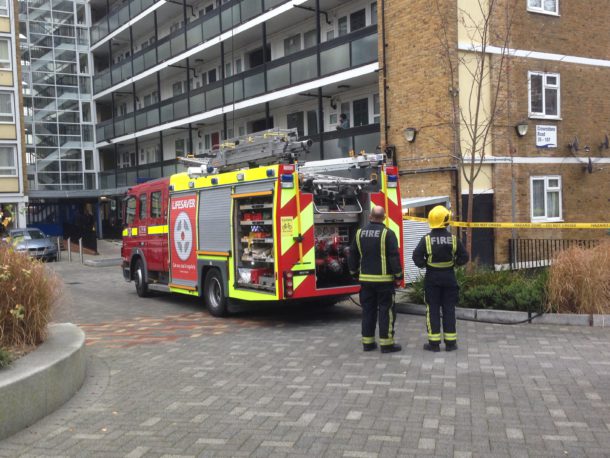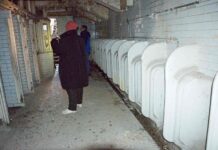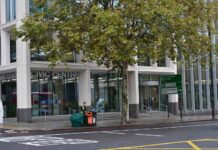
Lambeth council leader Lib Peck has written to the Department for Communities and Local Government (DCLG) – which is in charge of testing cladding from high-rise buildings after the Grenfell Tower disaster – asking why only one of 31 cladding samples sent from Lambeth has been tested.
It has been widely reported, based on government briefings, that all cladding samples have been failing fire tests.
Peck said a Lambeth council officer had visited the Building Research Establishment test centre in Watford to follow up on the 30 other samples.
“The testing system is not as it has been publicly portrayed by the DCLG,” she told local government secretary Sajid Javid in her letter.
“Samples are visually checked to see if they appear to be ACM type [used on Grenfell Tower] and, if they are, they are tested and if they are not, they are not tested.
“In this context it is not at all surprising that there is a 100% fail rate. Why is this ACM testing continuing when it is clear that all will fail?
“Surely we need to establish whether other forms of cladding are combustible?”
Peck said in her letter that residents in 30 blocks across Lambeth had been told by the media (led by DCLG briefings) that cladding is dangerous.
They had been told by their local authority that samples of their cladding had been sent for testing (as instructed by the DCLG).
They were now under the assumption that all cladding would fail a combustibility test, because the DCLG continued to confirm a 100% fail rate, without making clear that only ACM cladding is tested.
They were “now in limbo as to whether their cladding is dangerous or not, as it is not being tested”.
Peck continued: “I make an urgent call on you, as secretary of state, to clarify the testing process regarding non-ACM cladding and, if there is no testing of non-ACM cladding, to reassure the public that non-ACM cladding is considered safe.
“The public need as much reassurance about their safety as possible in the current climate and I am deeply concerned about the communication from the DCLG regarding this specific issue over the last three weeks.”
Lambeth council said that the London Fire Brigade (LFB), has inspected high priority blocks in the borough to ensure residents’ safety
A programme of enhanced fire risk assessments “FRA-4s” has begun on all Lambeth council medium/high-rise blocks that have cladding.
The council said that these are the most detailed form of fire risk assessment, carried out in collaboration with the LFB and should be complete in three to four weeks
The council has published online a set of frequently asked questions about fire safety.






